On April 3, the Panama Papers hit media outlets around the world, and the fallout was swift. A prime minister lost his job, and other global leaders are under mounting pressure to account for their actions. But the effects of the leaks are not evenly spread; the documents contained far more information about the offshore activities of individuals in the developing world than in the developed world. Whatever the reasons for the imbalance, it will likely limit the papers’ impact. In the developing world, long histories of corruption have dulled the public’s sensitivity to scandal, and repressive governments leave little room for popular backlash.
So although less information was released on Western leaders, it is already doing more damage. Iceland’s leader has left his post, and relatively minor revelations have had a disporportionately large impact in the United Kingdom and France. Meanwhile, in the developing world, the Panama Papers’ effects have been most strongly felt in the former Soviet Union, a region in which political tensions were already high. The leaks’ results have been more mixed in China, where they have provided new targets for the anti-corruption drive already underway but have also implicated figures close to the administration’s upper ranks.
This is only the beginning. The Panama Papers are the largest information dump of their kind, and the information that has been released so far appears to be just the tip of the iceberg. They are also the latest in a string of public leaks that seem to be happening more and more frequently. As revelations continue to surface, calls for greater global transparency will only get louder.
The publication of the Panama Papers has drawn leaders and elites from five former Soviet states into corruption scandals. In Ukraine, Russia, Kazakhstan, Georgia and Azerbaijan, politicians — or their family members or friends — have been accused of having ties to offshore accounts or corruption. This will be worse news for some leaders than for others.
Azerbaijan
As in Russia and Kazakhstan, corruption charges are a perennial feature of Azerbaijani politics. President Ilham Aliyev, the son of Azerbaijan’s third president, and his wife, Mehriban, both come from influential families with extensive business connections at home and abroad. Several members of the president’s family, including his wife, children and sister, have now been linked to secret offshore companies.
Nonetheless, little will come off the reports in Azerbaijan. The political opposition is too weak to challenge the Aliyevs, and the media have already begun to spin the accusations as Western propaganda. Given the country’s poor economic conditions, the scandal could spark protests, which Baku can quickly quell.
Georgia
Former Prime Minister Bidzina Ivanishvili’s foreign business dealings are also included in the Panama Papers. Allegations of corruption have plagued Ivanishvili ever since he threw his hat into the political arena in 2011. But until now, the accusations had centered on his activities in Russia.
Ivanishvili’s power in Georgia has been steady for the past four years. In Tbilisi, he remains a kingmaker, planting his followers in all the country’s top positions. His Georgian Dream coalition is fracturing, however, holding only a slight majority in the legislature. With parliamentary elections set for this fall, accusations are already flying between Georgia’s various political parties. Although most of the country’s population has ignored the news so far, the Panama Papers will fuel the opposition’s politicking. Moreover, if it gains more traction among the people, the scandal could erode Ivanishvili’s influence at a time when his ruling coalition is already falling apart.
Kazakhstan
Allegations of corruption, particularly concerning President Nursultan Nazarbayev and his family and friends, are constant and widespread in Kazakhstan. But because the country is on the verge of both economic recession and a succession of power, the fresh accusations could have greater impact than usual.
Nazarbayev’s grandson Nurali Aliyev is accused of ties to offshore accounts. Just two weeks ago, Aliyev stepped down as deputy mayor of Astana to return to business, inviting speculation within the Kazakh media over his motives. Aliyev has long been considered a possible eventual successor to the presidency, although he is still too young to take a top government position.
On the other hand, his mother, Dariga, is a viable successor and already one of the most powerful figures in Kazakh politics. Following the March 20 parliamentary elections, she unexpectedly did not take a position in the legislature. This has led to speculation that she is jockeying for a more influential position before the formal succession commences. As the power struggle in Kazakhstan begins in earnest, rival political elites could use corruption charges provided by the Panama Papers against Aliyev or his mother.
Russia
In Russia, the loudest corruption allegations concern President Vladimir Putin. Although the president’s name does not appear in any of the 11.5 million documents published, those of three of his closest friends — Sergei Roldugin, Arkady Rotenberg and Boris Rotenberg — do.
Longtime intermediaries for Putin’s business, the Rotenberg brothers are unsurprising inclusions in the Panama Papers. Among Russia’s elite, the brothers are not decision-makers. Nonetheless, they are considered to be some of the country’s highest-ranked loyalists, trusted to handle Putin’s furtive financial and business affairs. Roldugin, a cellist, is also outside of Russian politics. But he, too, is a loyalist and one of Putin’s trusted associates; in fact, he is godfather to Putin’s eldest daughter. Following the Panama Papers leaks, Roldugin stands accused of moving more than $2 billion for the president.
The Kremlin’s reaction to the Panama Papers actually anticipated their release. Nearly two weeks ago, presidential spokesman Dmitry Peskov warned journalists that a Western “information attack” on Putin was forthcoming but that it would not be factually accurate. On April 5, two days after the release, Peskov went a step further, denouncing the Panama Papers as a demonstration of “Putinphobia” and claiming that the journalists’ allegations were nothing new. Indeed, corruption charges against Putin and his close friends predate the president’s rise to power. By now, they have been assimilated into the Russian people’s mindset.
Peskov also called the papers an attempt to undermine Russia before its elections in September. In this, too, there is a hint of truth. Putin’s administration has been concerned about the possibility of protests after the elections, on a scale comparable to — or perhaps worse than — the mass demonstrations that followed the 2011 parliamentary elections. In the 2011 protests, corruption in the Kremlin was a central theme. Renewed corruption accusations could compound public resentment over the weak economy in Russia, fueling larger protests.
To reduce the risk of protest, the Kremlin is trying to turn the Panama Papers into a rallying point. Russian media and the government continually highlight this as another attack on the country and its president. After the West imposed sanctions on Russia, similar rhetoric was used successfully, reviving nationalism across the country.
Ukraine
Of all the former Soviet states, Ukraine will likely see the greatest fallout from the Panama Papers, which allege that President Petro Poroshenko holds accounts offshore. In response to the revelations, Ukrainian politicians are already calling for an investigation into Poroshenko’s hidden funds. The head of the Radical Party has even pushed for the president’s impeachment. But Ukraine’s Office of the Prosecutor General said the papers contain no evidence that Poroshenko committed any crimes. For his part, Poroshenko has gone on the defensive. In a string of tweets, the president called himself the first of Ukraine’s leaders to take corruption seriously. At the same time, he has skirted the issue of his culpability, claiming that he handed management of his assets over to a consulting firm upon taking office.
The papers’ publication came at an inconvenient time for Poroshenko. Over the past week, the president had been close to a deal on a parliamentary coalition between his party, Prime Minister Arseniy Yatsenyuk’s People’s Front and a group of independent lawmakers. In light of the scandal, Poroshenko’s faction now believes the deal may not come through after all. Poroshenko had been lobbying for the new government, a prerequisite for Ukraine to receive its next tranche of money from the International Monetary Fund and increased financial assistance from the United States. Poroshenko’s mention in the Panama Papers could not only further destabilize the fragile government, but it may also weaken the president’s rule.
Europe
France
In France, the fallout from the papers has landed mostly on the National Front, a right-wing party that has found some electoral success of late. They implicate former party adviser Frederic Chatillon, who was previously charged with electoral fraud related to the 2012 election. The National Front has already distanced itself from Chatillon. Evidence of offshore financing would be particularly detrimental if it was linked to party leaders, who have crafted an image of their party as honorable alternatives to their corrupt establishment counterparts.
Iceland
The Panama Papers have had the biggest impact in one of Europe’s smallest countries: Iceland. The papers revealed that Prime Minister Sigmundur David Gunnlaugsson made suspicious transactions of some bank shares before the global financial crisis of 2008. Icelanders took to the streets in protest, and the prime minister resigned. (He would later say he had merely “stepped aside for an unknown period.”) His coalition in parliament now appears insecure. A snap election could bring to power the Pirate Party, an anti-establishment party that currently leads in polls and advocates a system of direct democracy.
United Kingdom
In the United Kingdom, Prime Minister David Cameron has borne the brunt of the anger over the papers. His father was listed among those who held offshore accounts, and Cameron has now had to admit to owning a tax-efficient product before his premiership began. The media have begun to question actions he took in 2013 that appeared to hinder the process of increasing the transparency of offshore havens. Cameron’s interference might have been in Britain’s interest, since the United Kingdom could be said to have benefited from the global tax avoidance industry. Regardless of Cameron’s intentions, the subject has added fire to an already heated atmosphere surrounding the Brexit referendum. Though the latest leaks are unlikely to unseat Cameron on their own, further revelations could, and any damage done to the British prime minister’s reputation will hurt his campaign to remain in the European Union as well.
Latin America
Argentina
In Argentina, the Panama Papers linked President Mauricio Macri to an offshore company, although he has since denied being a shareholder in the company. An Argentine prosecutor has already requested the opening of an investigation into Macri’s involvement with the company. The opposition Front for Victory, which has been dealing with internal divisions, is eager to keep the spotlight on the Macri offshore company scandal ahead of legislative elections in 2017, and the opposition would use the investigation against the Macri administration.
Brazil
Brazil has enough political turmoil going on already that revelations in the Panama Papers will probably have minimal effect. The leaks have linked lower house leader Eduardo Cunha to an offshore company, but Cunha and other Brazilian politicians are already tied up in the graft scandal at state-owned energy firm Petrobras. Ongoing criminal investigations against members of the ruling Workers’ Party, such as former President Luiz Inacio Lula da Silva, and the impeachment attempt against President Dilma Rousseff will probably have a more immediate political effect than the Panama Papers will.
Guatemala
In Guatemala, the release of information through the leaked documents will draw greater scrutiny from the government investigative commission known as the International Commission Against Impunity in Guatemala (CICIG). The United Nations-sponsored body announced it would investigate the documents for evidence of wrongdoing. A CICIG investigation led to the indictment of former President Otto Perez Molina on corruption charges in 2015, and further evidence of Guatemalan officials’ corruption, if found, could kick off additional investigations by CICIG in the country.
Venezuela
The fallout from the Panama Papers leaks in Venezuela is likely to be minimal. None of the key individuals in the ruling United Socialist Party of Venezuela are named in the leaks. The ongoing political standoff between the government and opposition, growing divisions in the ruling party, and the country’s extreme inflation are all likely to more immediately influence the country’s political future than corruption allegations.
Asia-Pacific
China
Beijing imposed an almost total media blackout on the Panama Papers: The only state media coverage on the subject was a print edition of Global Times claiming that the Panama Papers were a way for the West to attack its enemies.
The papers uncovered at least eight cases of family members of current or serving Politburo members who have done business with Mossack Fonseca. These include President Xi Jinping’s brother-in-law (though his accounts have been inactive since before Xi took power), family members of current Politburo Standing Committee members Liu Yunshan and Zhang Gaoli, the daughter of former Premier Li Peng, a granddaughter of former Standing Committee member Jia Qinglin, and a business partner of purged Politburo member Bo Xilai.
The papers are unlikely to affect the Politburo, whose members are all from the ruling class and are aware that other members of the same class tend to be wealthy (with some possessing ill-gotten gains). Given the pervasive anti-corruption campaign and the intense political struggle as Xi Jinping ascended to the presidency, there was incentive for factions to dig up any dirt on each other long ago. As a result, much of the political effect of any of the revelations is likely already tapped out. The revelations might, however, spotlight some lower-level or midlevel officials who have not yet become targets of anti-corruption investigations.
Chinese law enforcement and anti-graft authorities have shown a fair amount of skill in tracking down illegal capital flows abroad as part of fugitive hunting campaigns such as Operation Fox Hunt and Operation Skynet, uprooting Chinese underground banks that handled upward of $100 billion in transactions from April to November last year. These were domestic operations; whether Chinese law enforcement is good at tracing shell companies in offshore accounts remains unclear. Presumably, though, investigators have encountered the problem while handling the assets of fugitives — generally Party members and their families who flee China, bringing with them large amounts of embezzled or otherwise illegal wealth.
Chinese intelligence and anti-graft services will sift through the documents to identify potential new targets. To the extent that the papers shed light on how Chinese citizens like to hide their wealth, they may be able to seal off further escape options for fugitives and their assets. More interesting is the question of how much the Chinese already knew but never shared, both in terms of dirt on perpetrators and in understanding their tactics.
Middle East and North Africa
In many countries in the Middle East and North Africa, corruption charges will not create much of a stir because of media restrictions and because it is widely known that wealth often primarily benefits the royal family or ruling elite. Given the lenient tax structures in those countries, the kinds of things described in the Panama Papers may not even be considered crimes. In countries such as Iraq, Jordan, Syria and Egypt, however, the charges against prominent former politicians will fuel distrust of the establishment.
Egypt
In Egypt, the papers indicate that Mossack Fonseca did not conduct due diligence in identifying and cutting ties with Alaa Mubarak, the son of deposed President Hosni Mubarak, quickly enough after the 2011 Egyptian revolution. (Alaa used the firm to hold cash in a British Virgin Islands firm.)
Gulf States
While Saudi King Salman and UAE President Sheikh Khalifa bin Zayed al-Nuhayyan were both implicated in Virgin Island shell companies, Gulf media coverage has focused on how the Panama Papers affect other places, such as Iran, and has not touched on domestic implications. It is unlikely that the revelations will instigate a serious challenge to the Saudi or UAE governments.
Iran
In Iran, the papers revealed that Mossack Fonseca conducted business for Iranian oil companies such as Petropars despite U.S. sanctions, a revelation more damning for Mossack Fonseca than for Iran.
Iraq
In Iraq, former Prime Minister Ayad Allawi’s name surfaced in the Panama Papers in connection to various London properties. Allawi was removed from office in August 2015 when Prime Minister Haider al-Abadi abolished the vice presidencies in a bid to stem protests. The leaks could undermine any attempt by Allawi to re-enter the government in the event that al-Abadi’s government collapsed. Iraq’s central government has already been overwhelmed by protests demanding a purge of corrupt officials, though recent reshufflings to install technocrats are more likely to deepen Iran’s influence in Baghdad than defuse anger at the government.
Israel, Palestinian Territories
In Israel, the papers implicated some major banks that have been linked to corruption before. Idan Ofer, the majority shareholder in Israel Corp., the largest private joint stock company on Tel Aviv’s stock exchange, was also named in the papers. Moreover, Tareq Abbas, the son of Palestinian Authority President Mahmoud Abbas, held shares worth nearly $1 million in a company associated with the Palestinian Authority.
Jordan
In Jordan, it was revealed that former Prime Minister and Defense Minister Ali Abu al-Ragheb became the director of an offshore British Virgin Islands firm before leaving office.
Syria
In Syria, Mossack Fonseca cut ties in 2011 with the Makhlouf brothers — cousins of President Bashar al Assad — after nearly 15 years of using offshore entities to invest in the brothers’ Syrian tech firms.
Sub-Saharan Africa
Though several prominent politicians of African countries or their close associates have been linked to the scandal, it will have little effect on the continent’s governments. The threshold of corruption in many places in Africa, whose history is littered with elites who engaged in egregious acts of self-enrichment, is higher than in other places in the world. More important, many of those mentioned in the leaks are either no longer in office or are related to former leaders. Moreover, some of the people named with links to current rulers likely used offshore companies with their governments’ blessing.
Angola
Angola Minister of Petroleum Jose Maria Botelho de Vasconcelos, a former president of the OPEC, held interest in an offshore company that was deactivated in 2009. The revelation may damage his career in the image-sensitive country. He likely had implicit or explicit sanction from the regime.
Republic of the Congo
The Republic of the Congo’s current minister of science research and former energy minister, Bruno Jean-Richard Itoua, requested that Mossack Fonseca create an offshore company in the British Virgin Islands. In a 2003 lawsuit, Itoua was accused of diverting oil revenues, but the case was dismissed. Itoua has close ties to President Denis Sassou-Nguesso, so any blowback on Itoua will likely be limited.
Rwanda
Gen. Emmanuel Ndahiro, Rwanda’s former head of intelligence, is listed as the director of an offshore company owned by a former military colleague. Ndahiro is a close confidant of President Paul Kagame.
South Africa
Clive Khulubuse Zuma, the nephew of President Jacob Zuma, was linked to a company involved in acquisitions of oil fields in the Democratic Republic of the Congo. He has a reputation for being involved in shady business deals, and claims against him go back at least five years. He has denied any wrongdoing.
South Asia
Pakistan
Some 500 Indians and 200 Pakistanis were implicated in the Panama Papers, the most prominent of them being three of Pakistani Prime Minister Nawaz Sharif’s children. Although Sharif himself was not implicated, he went so far as to give a televised national address on April 5 to exonerate his family and announce the launch of a judicial probe to investigate the matter. But opposition lawmaker Imran Khan of the Tehreek-e-Insaf party quickly demanded that the prime minister allow the National Accountability Bureau, which leads Pakistan’s anti-corruption efforts, to take charge of the probe. The leak is unlikely to lead to Sharif’s resignation, but opposition parties will make political gains at the expense of the premier’s Pakistan Muslim League-Nawaz party.


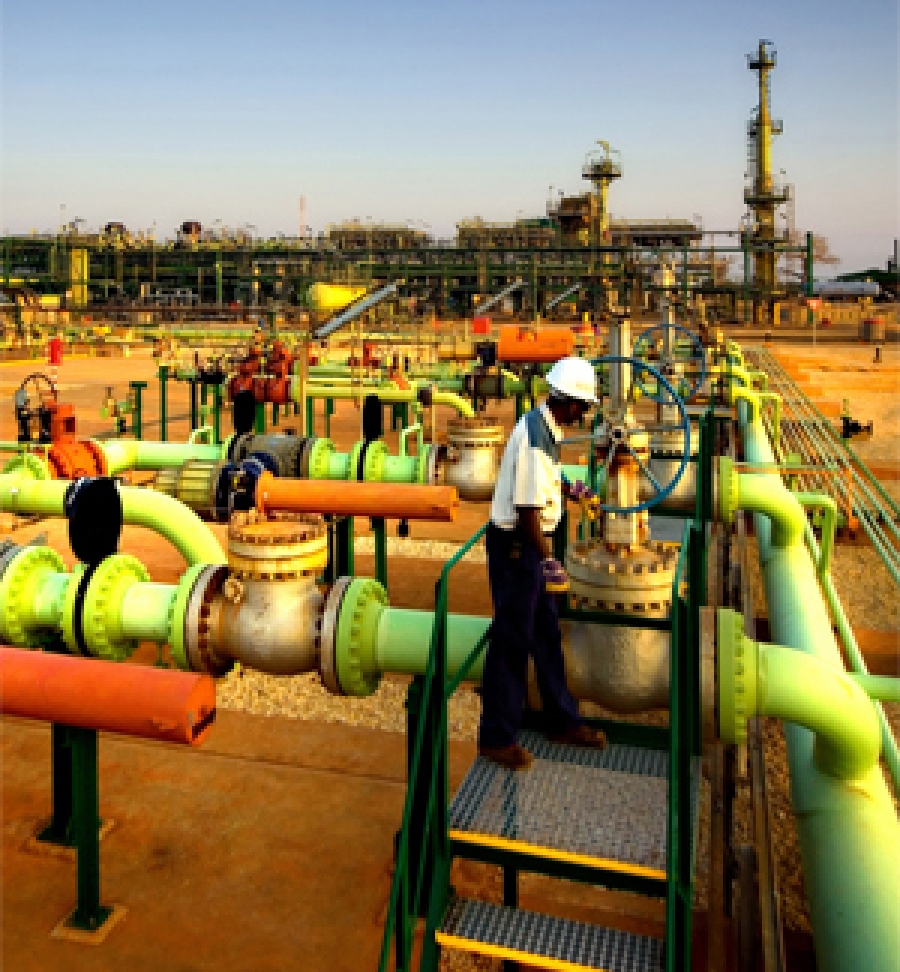
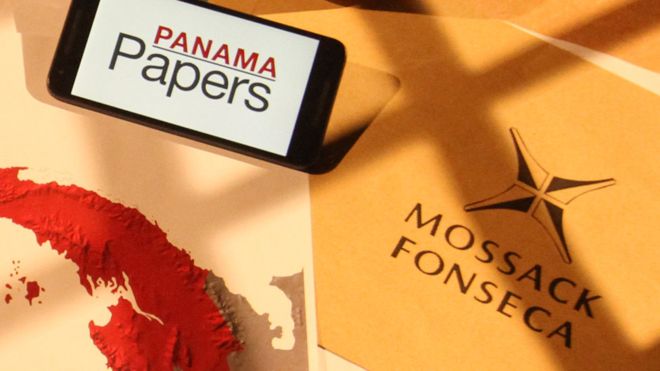
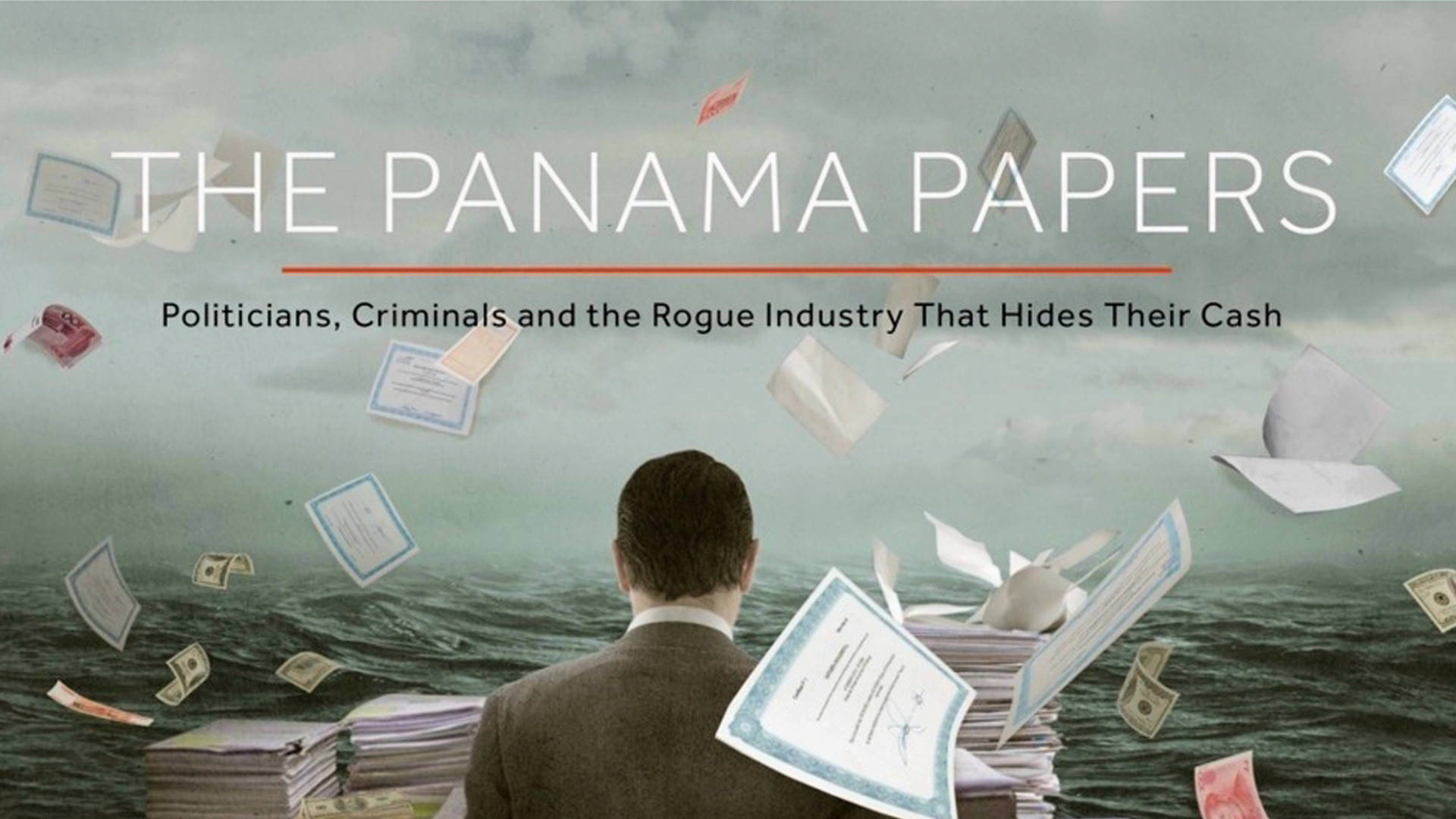
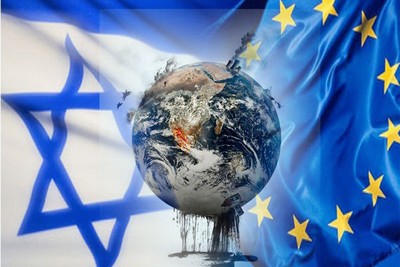




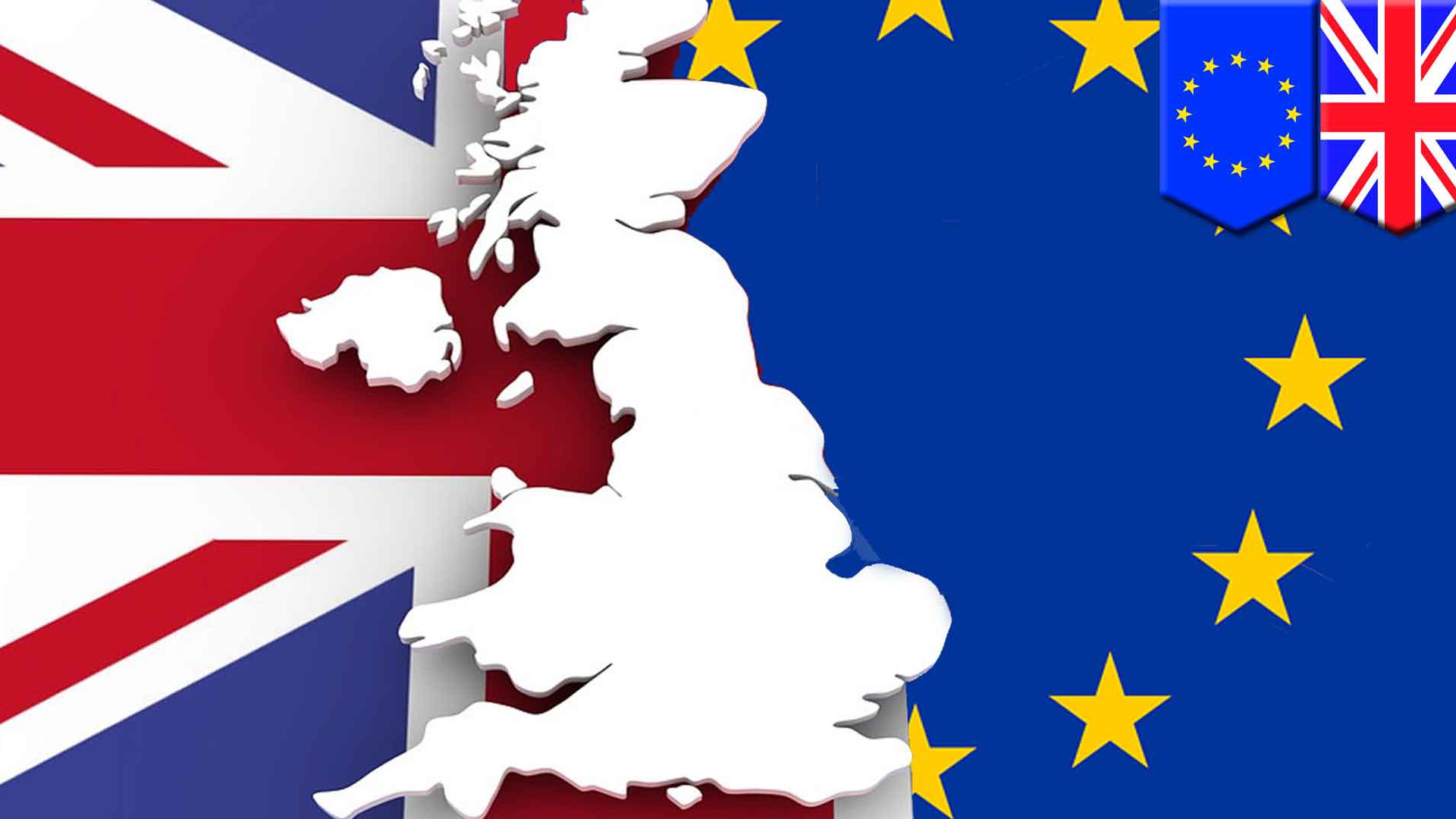
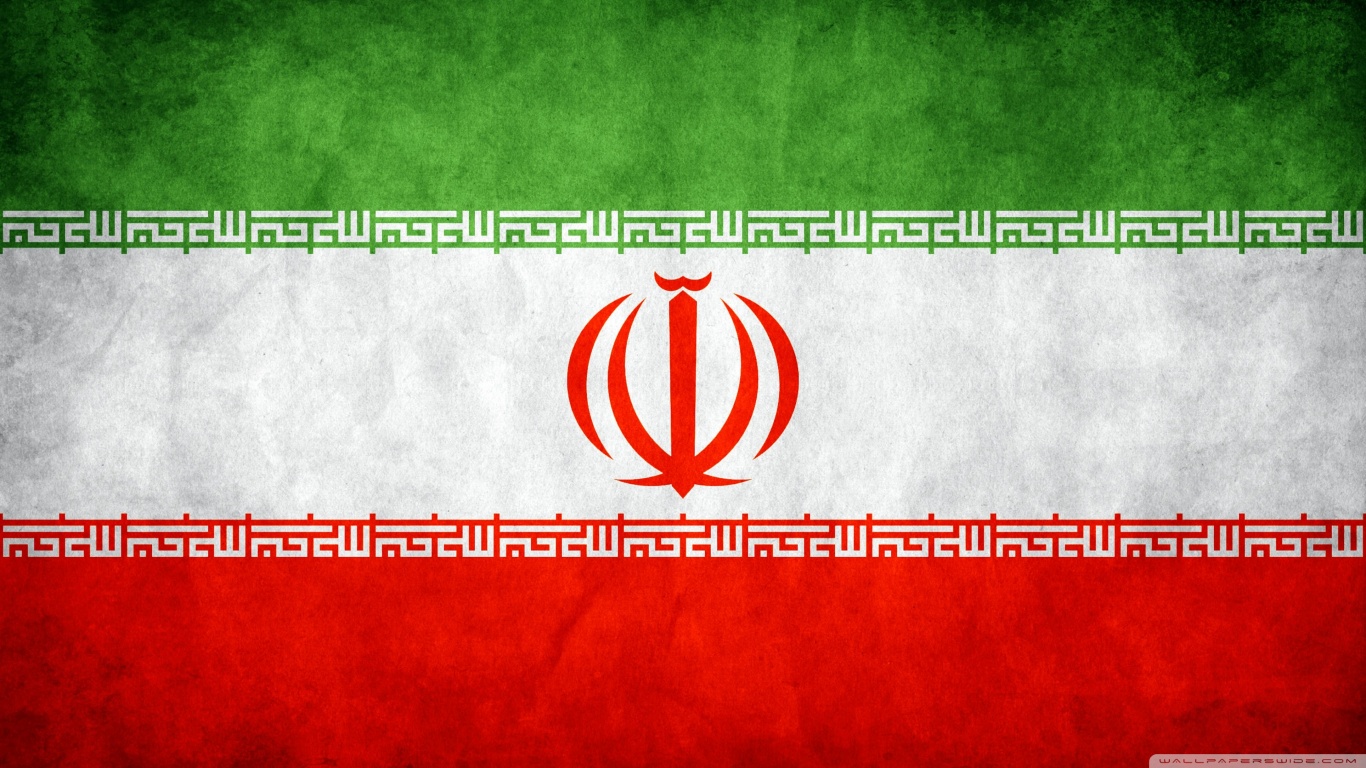
 He recently praised the role of the Assembly of Experts and parliament in adapting Iranian policy for the modern era, albeit under his careful supervision. Both elected bodies must walk a fine line to meet the dueling demands of progress and fidelity to Khamenei’s conservative principles, and the reshuffling that comes with elections may ever so slightly shift that ever-changing ideological balance.
He recently praised the role of the Assembly of Experts and parliament in adapting Iranian policy for the modern era, albeit under his careful supervision. Both elected bodies must walk a fine line to meet the dueling demands of progress and fidelity to Khamenei’s conservative principles, and the reshuffling that comes with elections may ever so slightly shift that ever-changing ideological balance.